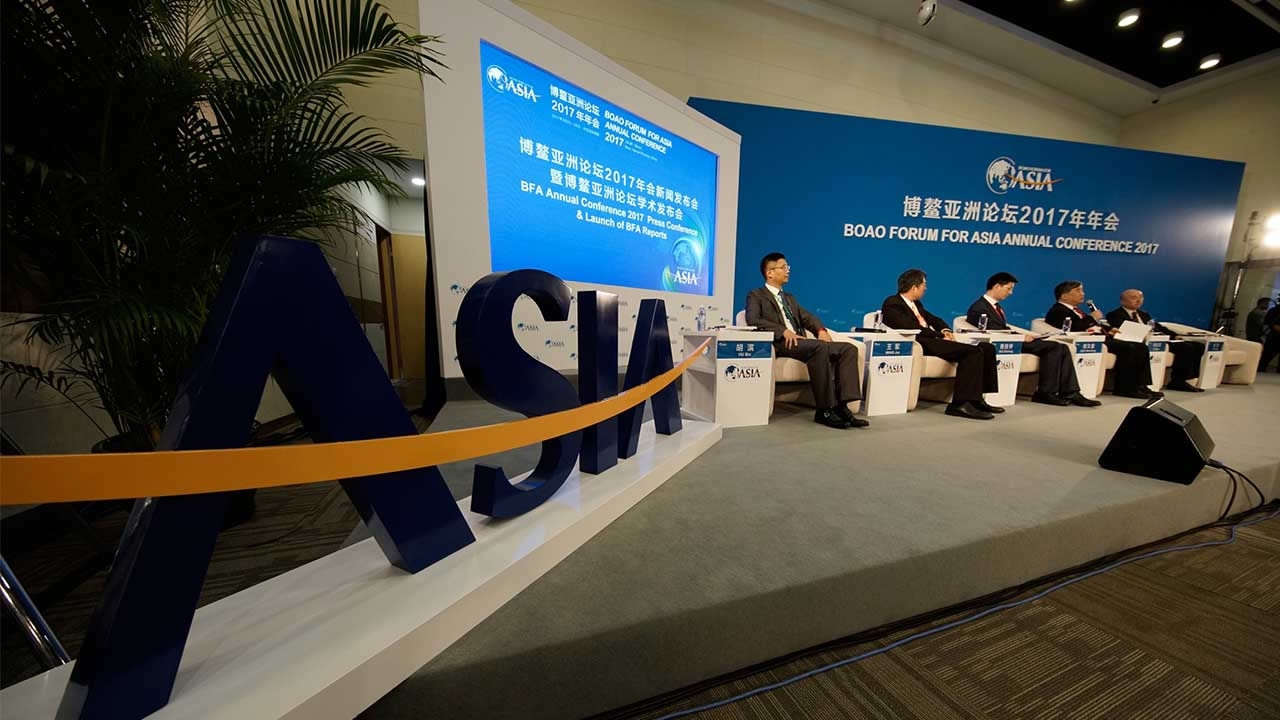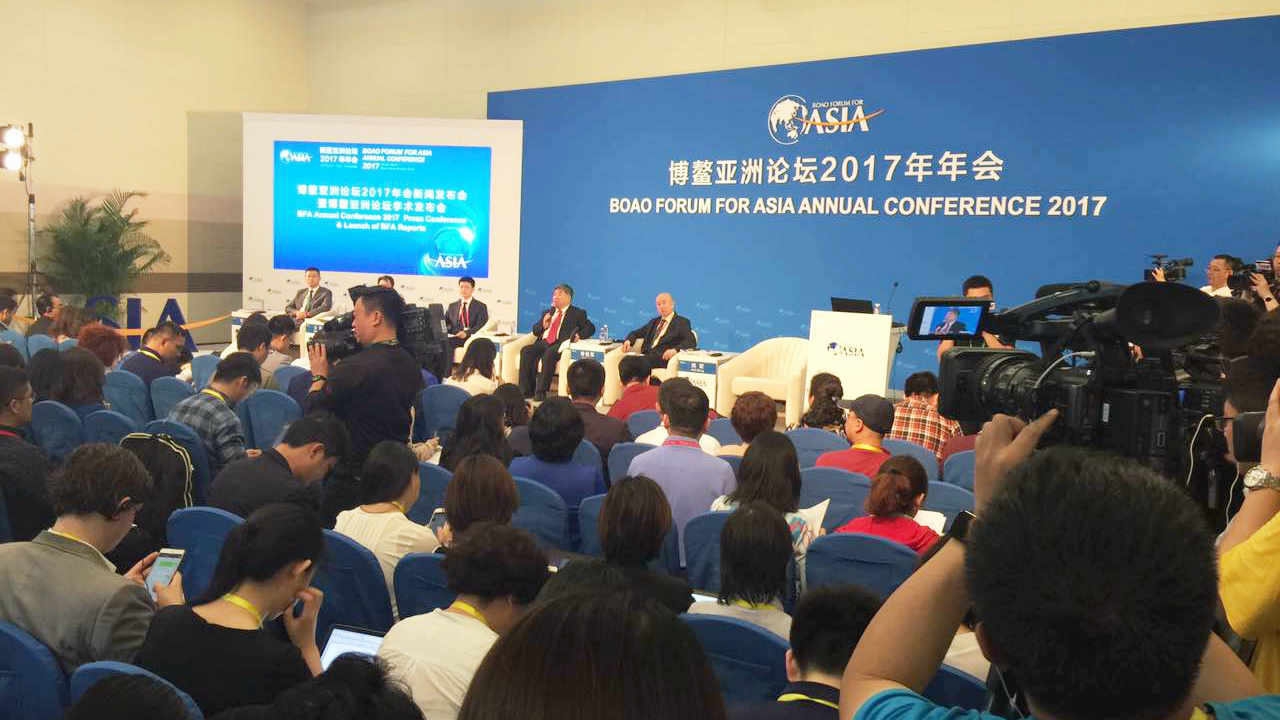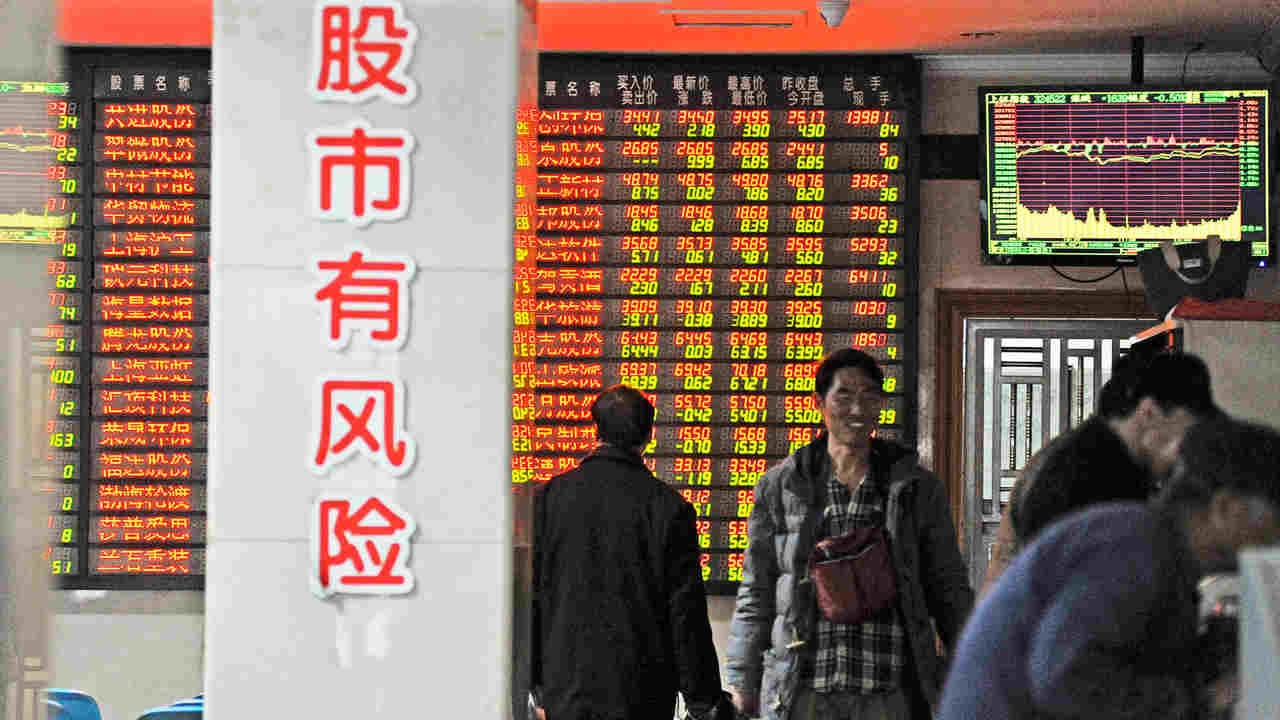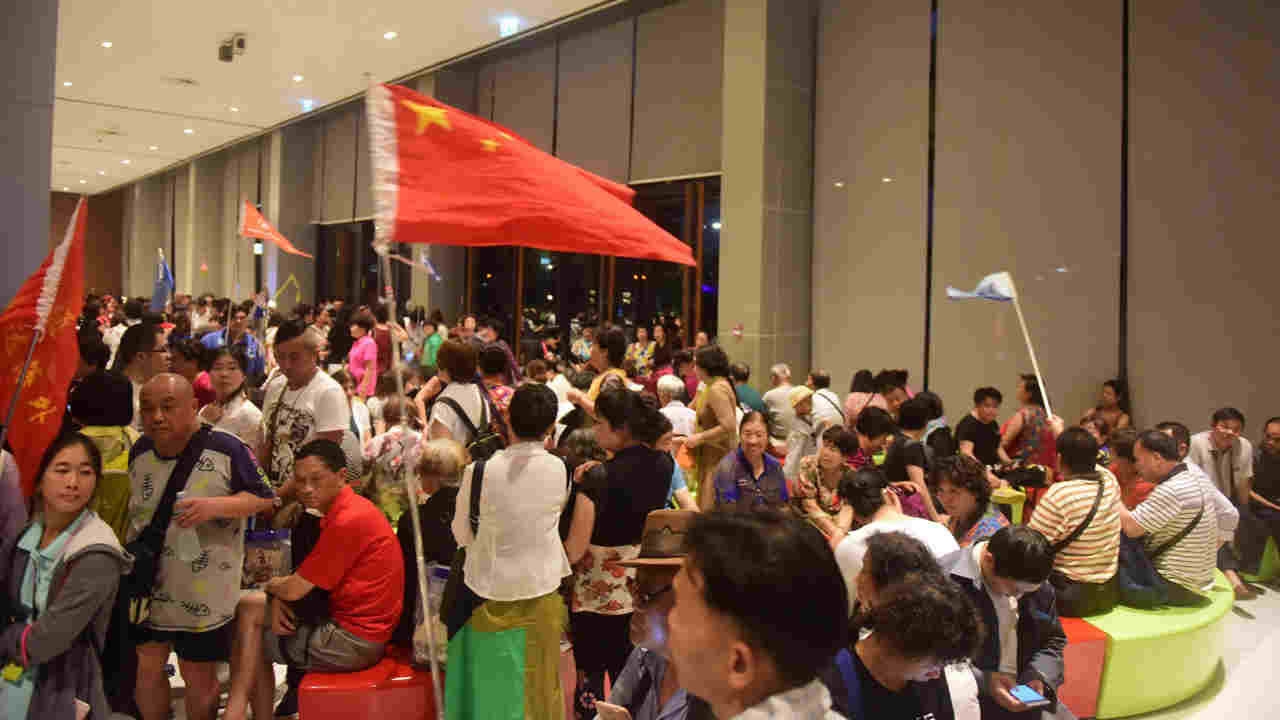
Business
18:04, 23-Mar-2017
Boao Forum: More Asian economic integration needed
Updated
11:08, 28-Jun-2018

By CGTN’s Martina Fuchs
Promoting integration at a time of deglobalization and rising protectionism is easier said than done. The 2017 Boao Forum for Asia (BFA) said in its “Progress of Asian Economic Integration” report on Thursday that policy coordination in the region is weakening.
BFA Secretary-General Zhou Wenzhong said that the forum is themed on globalization and free trade this year because it has sensed protectionism in places.
“We should adopt the principle of achieving shared growth through discussion and collaboration and move to the shared future of humankind,” said Zhou.

Boao Forum for Asia Annual Conference 2017 kicks off on March 23, 2017. /CGTN Photo
Boao Forum for Asia Annual Conference 2017 kicks off on March 23, 2017. /CGTN Photo
The report says that the region is facing unprecedented challenges due to the slowdown of Asia’s trade and integration.
Intra-regional trade fell by 9.8 percent in 2015, and major economies including China, Japan, and India were decreasing trade dependence on Asia.
The financial sector hasn’t seen consistent efforts towards regional integration, either. Domestic investments in Asian economies are rising, but financed by many outside sources.
“The Asian countries need a very, very strong sense of community, that’s what the region lacks,” said Lin Guijun, vice president of Beijing's University of International Business and Economics.
Meanwhile, a major transformation is underway in the global value chain. Domestic value added content in gross exports has increased at a fast pace for all major East Asian economies.

At a security exchange in Nanjing, Jaingsu Province on March 22, 2017, a slogan on the wall says “The stock market is with risks.” /CFP Photo
At a security exchange in Nanjing, Jaingsu Province on March 22, 2017, a slogan on the wall says “The stock market is with risks.” /CFP Photo
As for China, the strong US dollar and depreciation of the yuan, domestic stock market turbulence, and volatility in international commodity prices have further negatively impacted integration among Asian economies.
On the positive side, the report says people-to-people exchange is still on a healthy growth track. Tourism within the region is booming, with travel service imports rising by 33.9 percent in 2015, dwarfing the world’s 4 percent.

Chinese travel groups and individual tourists crowd the King Power duty-free shopping center in Bangkok, Thailand, on March 15, 2017. /CFP Photo
Chinese travel groups and individual tourists crowd the King Power duty-free shopping center in Bangkok, Thailand, on March 15, 2017. /CFP Photo
The report concludes that Asia is facing uncertainties on many fronts. To move out of the current economic trough, the region’s players need to team up and abandon a Beggar-Thy-Neighbor approach, and not let political differences overweigh economic development.
And policy makers should keep aware of the long-term impact of global events such as Brexit or the US Federal Reserve's rate hikes.
2376km

SITEMAP
Copyright © 2018 CGTN. Beijing ICP prepared NO.16065310-3
Copyright © 2018 CGTN. Beijing ICP prepared NO.16065310-3